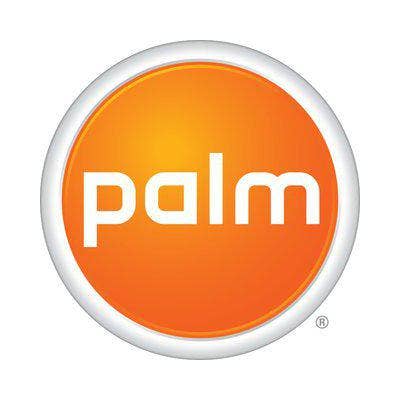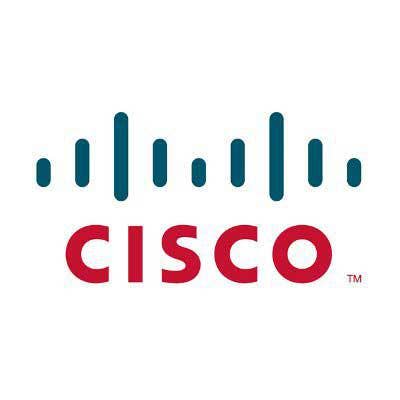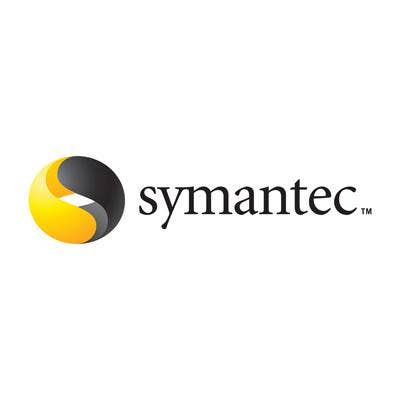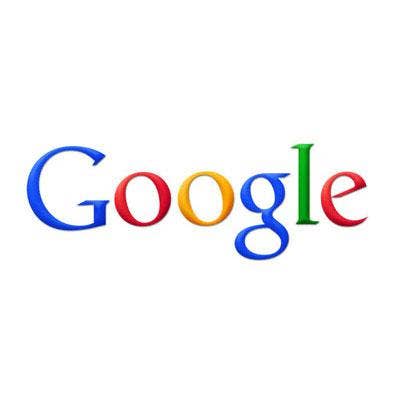5 Vendors That Came To Win This Week

1. HP Decides That Palm Is The Future
HP is already eyeing Cisco's networking business and IBM's services business, and now it's staking a claim in the smartphone market with its Palm acquisition. Despite Palm's struggles, the company does have some compelling technology and there's already speculation that webOS could be spun into some sort of tablet-like OS. In dishing out $1.2 billion for Palm, HP is betting that it can extract the wheat from the struggling handset maker's chaff.
At HP's partner conference, company officials talked of pushing hard into accounts with the message that Cisco has been price "gouging" customers and going to market with a close architecture. In the rivalry developing between HP and Cisco, this week, HP was the one who brought the most crafted messaging to its partners.

2. Cisco Takes The High Road
Cisco's current market cap of $152 billion is the kind of number that almost has to be followed by the word "Boom!" At Cisco's partner summit this week, executives stuck to data points like this one and avoided HP-related mud-slinging. This is a noticeably new tack for Cisco, which has been engaging in a surprising amount of tit-for-tat with HP over the past year. Cisco also deserves credit for acknowledging the supply chain issues it's been having.
It looks like Cisco is taking the high road and letting its track record in forecasting market trends speak for itself. Hey, if you've got the numbers to back it up, this is a strategy that's tough for competitors to find cracks in. "We don't focus on other companies. We focus on market transitions," Cisco CEO John Chambers said at the event.

3. Symantec Doubles Down On Encryption
Symantec says it's going to continue expanding its product line and it's asking partners to become more specialized. This week, Symantec revealed plans to purchase PGP for about $300 million in cash and GuardianEdge for about $70 million in cash.
Toothy new data protection laws are driving vendors to add encryption to their product lines, and Symantec's move is a response to earlier encryption deals from McAfee and other security market foes. What's ironic about the PGP deal is that McAfee bought the company back in 1997 and then sold it off five years later. If Symantec can successfully integrate PGP's technology, that's going to give Big Yellow something to crow about.

4.Google Steps Up With Flash Support
Flash took a beating this week after Apple CEO Steve Jobs outlined his objections with the technology, but Google still thinks Flash is worth supporting. Google's upcoming Android 2.2 release, which is expected next month, will feature full native Flash support.
Andy Rubin, a vice president for engineering at Google, told The New York Times<>/i> this week that Google's view of mobile software openness "means not being militant about the things consumers are actually enjoying." Ouch.
5. D-Link Steps To Big Dogs In Networking
D-Link this week entered the chassis switch market and kicked off a new channel program to help partners move into the enterprise. That's right, D-Link is taking on the big dogs in networking and it's enlisting its VARs to help in the effort.
Kudos to Nick Tidd, D-Link's president for North America, who isn't mincing words in explaining the timing of the move and the rationale behind it. D-Link is well aware of the leviathan-esque nature of its competition, but the scrappy attitude that Tidd exudes perfectly encapsulates the underdog role.
"Is this the time we're ready to pick a fight? You bet," Tidd told Channelweb.com this week. "We're ready to pick the fight." As for D-Link's old channel program, let's just say that you won't be hearing much about it. "We basically just dropped a grenade on the other one," Tidd said of the program.